Digital Gratitude Journal for the World Launched by UC Berkeley Center
Robert Emmons was shocked. The University of California psychologist found that after just ten weeks, people who kept a gratitude journal were 25 percent happier than people who didn't. People who were reminded to say thank you at least once a day were healthier and spent more time exercising. As he writes in an essay for the Greater Good Science Center, This is a massive difference. The gratitude group participants also experienced fewer symptoms of physical illness than those in either of the other two groups." This month the Center launched a web-based digital gratitude journal at Thnx4.org designed to track and promote the practice of gratitude worldwide while serving as an invaluable source of scientific data on gratitude.
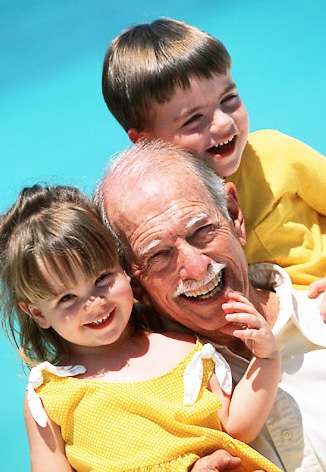

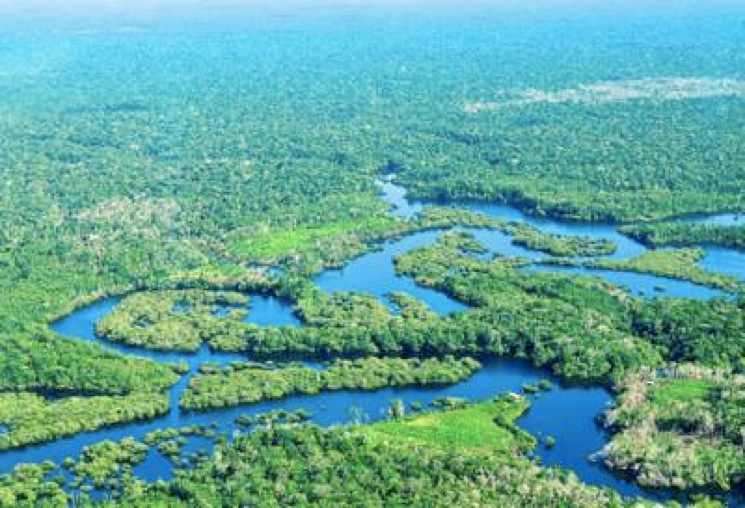
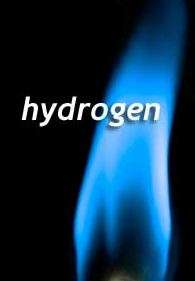
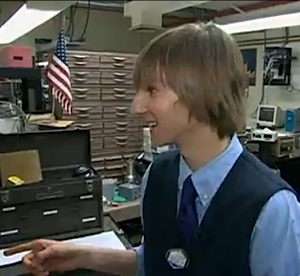
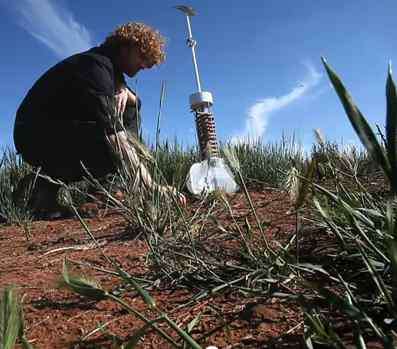
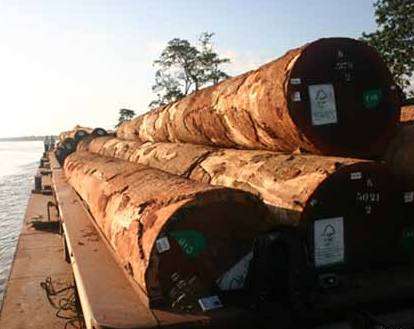
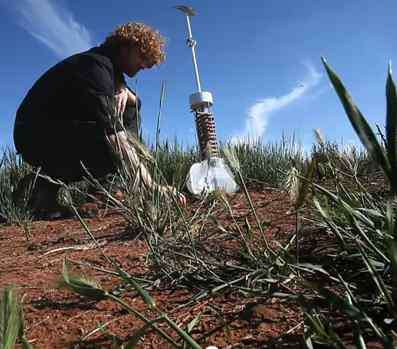
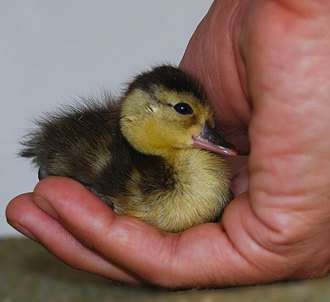

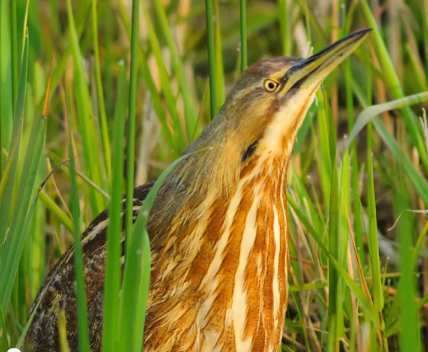
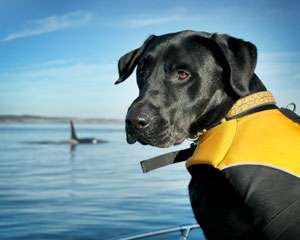
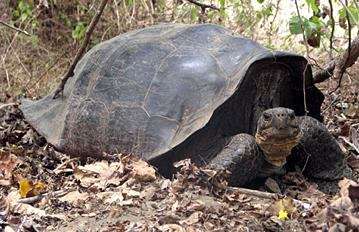
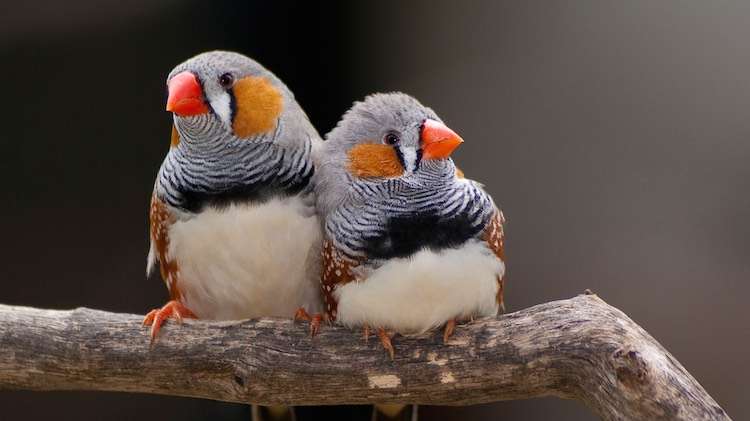
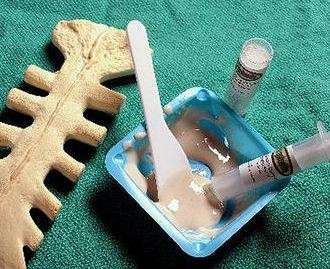
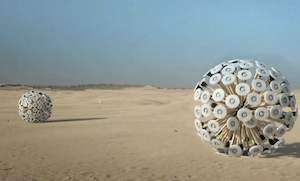
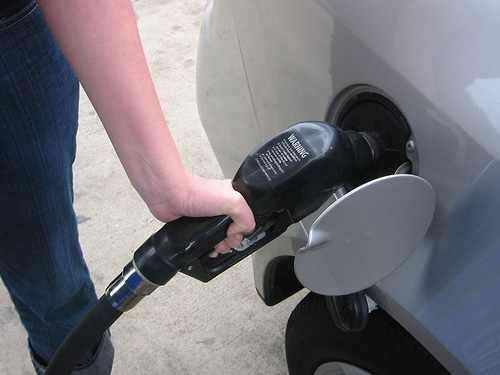
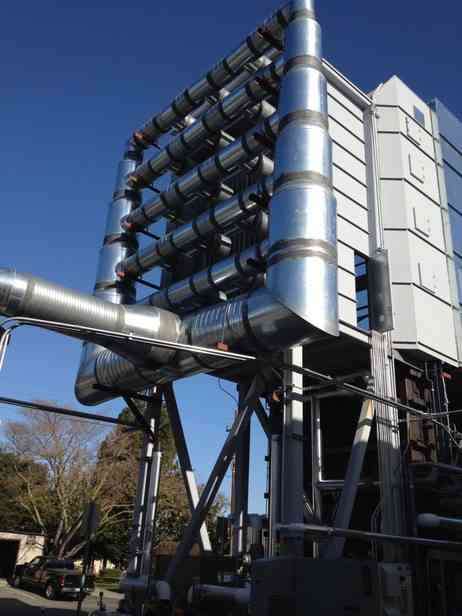
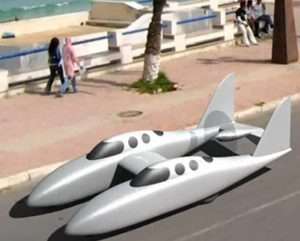
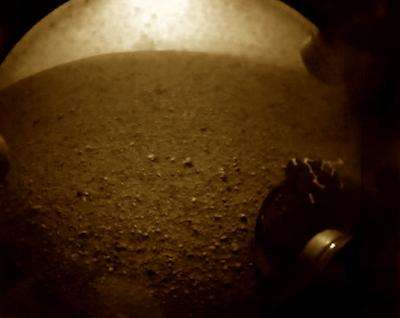
Recent Stories
A Heartfelt Reminder to Appreciate the Ones We Love
Cherish the Woman Who Stands by You
Breaking Generational Cycles of Pain
Living by Your Own Values, Not Others' Approval
When Life Brings Rain, It’s Okay to Rest
Before You Judge Someone's Life, Take a Moment to Walk in Their Shoes.
A Friend Who Spreads Gossip is Not a True Friend at All
The Value of Human Connection Over Digital Convenience
The Quiet Kind of Love
One Day, Your Mom Won’t Call You Anymore
I’ve reached a point in my life...
Happiness is a mindset, a conscious choice we make every day